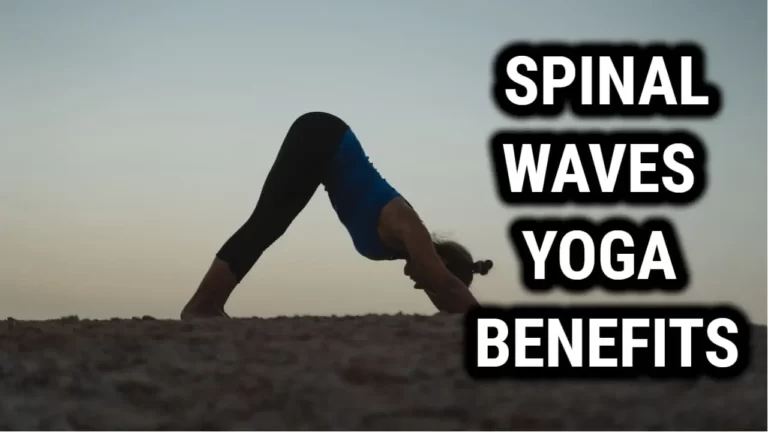Discover the Unexpected Benefits of Yoga for Teens

As teenagers navigate the challenges of adolescence, it’s important to find healthy ways to cope with stress and maintain physical and mental well-being. Yoga is an excellent option for teens looking to improve their overall health and well-being. With its focus on physical postures, breathing techniques, and meditation, yoga has been shown to have numerous physical, mental, and emotional benefits.
Here, we will explore the specific benefits of yoga for teens and provide some ideas for how to incorporate it into their daily routines.
Physical Benefits of Yoga for Teens
Yoga can improve flexibility and strength, as well as help teens develop better posture and alignment. These benefits can translate into improved performance in physical activities, such as sports or dance.
Practicing yoga can also help teens release tension and stress in their bodies, which can lead to better overall physical health. Regular yoga practice can help reduce the risk of injuries and improve recovery time from workouts or other physical activities.
The mindful and meditative nature of yoga can also have a calming effect on the mind and body, which can help reduce stress and tension. This can lead to improved sleep and overall relaxation, which is especially important for busy, stressed-out teens.
Mental and Emotional Benefits of Yoga for Teens
Yoga can help improve concentration and focus, which can be especially beneficial for students facing the demands of schoolwork and extracurricular activities.
Practicing yoga can also increase self-awareness and self-esteem, as teens learn to tune into their bodies and minds and develop a sense of self-acceptance.
Yoga has been shown to reduce anxiety and stress, which can be common issues for teens as they navigate the challenges of adolescence. By learning to focus on the present moment and letting go of negative thoughts and emotions, teens can develop coping strategies for managing stress.
Finally, the relaxation techniques learned in yoga can help improve sleep, which is crucial for overall physical and mental well-being.
Related: Benefits of Yoga Sculpt
Social Benefits of Yoga for Teens
This can be especially helpful for teens who may be struggling to find their social circles or feel isolated from their peers.
Practicing yoga can also help teens develop communication and conflict resolution skills. By learning to be present and mindful in their interactions with others, teens can better understand and communicate their own needs and boundaries, as well as respect those of others.
The social benefits of yoga can help teens feel more connected and confident in their relationships with others, which can be an important aspect of overall well-being during the teenage years.
How to Incorporate Yoga into a Teen’s Life
One way for teens to get started with yoga is to find a local class or studio that offers classes specifically for teens or beginners. This can be a great way for teens to learn proper technique and get personalized attention from an experienced instructor.
Another option is to practice yoga at home using online resources or a DVD. There are many resources available that provide guided yoga practices for all levels, including those specifically geared towards teens.
It’s important for teens to find a style of yoga that resonates with them and feels enjoyable, so they are more likely to stick with it. Encourage teens to try out different styles and see what works best for them. Some popular styles for beginners include Hatha, Vinyasa, and Yin yoga.
Also Read: Infrared Yoga Benefits
Conclusion
In summary, yoga has a lot of physical, mental, and emotional benefits for teens. Regular practice can improve flexibility and strength, reduce stress and tension, improve concentration and focus, increase self-awareness and self-esteem, reduce anxiety, and improve sleep.
With so many benefits, it’s worth encouraging teens to give yoga a try and see how it can improve their overall health and well-being. Whether they attend a class or practice at home, there are many options available for adding yoga into their daily routines.






